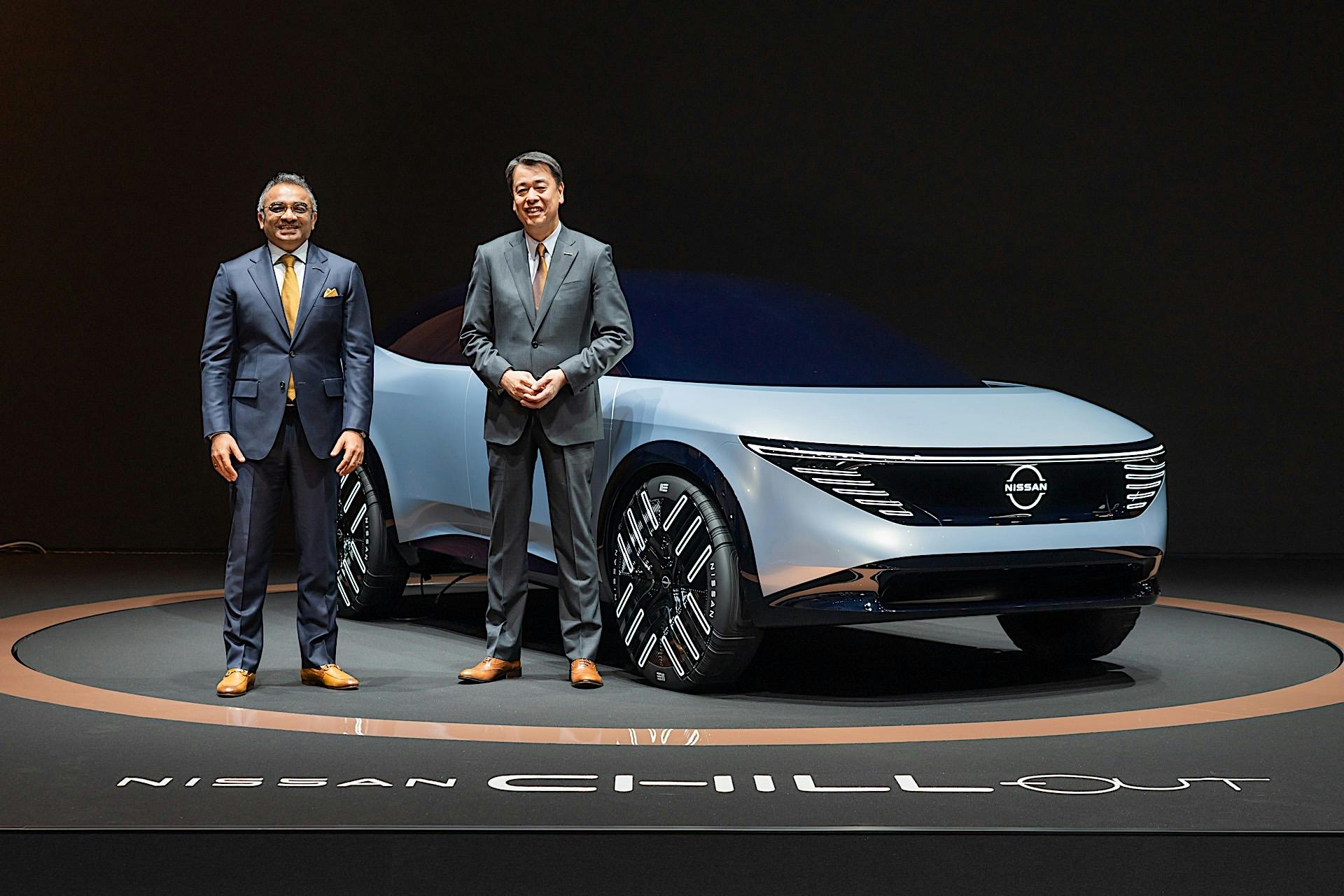Nissan has announced its Ambition 2030 initiative, the follow-up to its Nissan Next product offensive. The company has announced that it will introduce 23 electrified vehicles in the global market through 2030 with 15 of them being battery-electric models. This announcement is in line with the company’s goal of becoming carbon neutral by 2050.
The role of companies to address societal needs is increasingly heightened,” said Makoto Uchida, CEO of Nissan. “With Nissan Ambition 2030, we will drive the new age of electrification, advance technologies to reduce carbon footprint, and pursue new business opportunities. We want to transform Nissan to become a sustainable company that is truly needed by customers and society.”
With electrification being central to the Ambition 2030 plan, Nissan will invest 2 trillion Yen in the technology, which is equivalent to $17.5 billion. Globally, the company is aiming for a 50 percent mix of electrified vehicles between the Nissan and Infiniti brands. Over the next five years, 20 models will be introduced with either a battery-electric powertrain or the E-Power series hybrid setup. In the U.S. and China Nissan is expecting a sales mix of 40 percent battery-electric vehicles by 2030. Japan is projected to have a mix at 55 percent while Europe will be the highest at 75 percent.
To make electrified vehicles more accessible, Nissan is aiming to cut the cost of lithium-ion batteries by 65 percent in 2028. It will achieve this by introducing a pack that doesn’t use cobalt. In 2028, Nissan will launch its first EV using a solid-state battery built in-house. A pilot plant in Yokohama, Japan will start building the batteries in 2024. Solid-state battery packs are expected to bring the cost down to $75 per kWh by 2028 and aim to bring it down to $65 per kWh to achieve cost parity with internal combustion vehicles. Battery production capacity is expected to grow to 52 GWh by 2026 before increasing to 130 GWh in 2030.
Nissan will also expand the availability of its ProPilot semi-autonomous driver assistance feature to more vehicles. By 2026, 2.5 million Nissan and Infiniti vehicles will have the system. The company is aiming to improve ProPilot by adding lidar technology in future versions by 2030, putting them a step closer to fully autonomous driving. Nissan will also collaborate with other companies to establish new mobility solutions in cities and rural areas. To make EV production and material sourcing more cost-effective, Nissan will expand its EV36Zero factory concept to other regions including Chiba, Japan, and the U.S. The first of these facilities is in the U.K.
The company will also invest in battery recycling and reuse programs by establishing battery reuse and refurbishing plants outside of its home market of Japan. This will be done in collaboration with 4R Energy. A new location in Europe will open in 2022 followed by another in the U.S. by 2025. Recycling batteries results in the creation of a circular economy, allowing Nissan to commercialize its vehicle-to-everything and home battery systems programs by the mid-2020s. By 2026, it will invest another 20 billion Yen or $176 million toward the expansion of charging infrastructures. To keep its pace going, Nissan will hire another 3,000 employees in advanced research and development while training its current workforce for the electrified future. The company will also leverage the Renault-Nissan-Mitsubishi Alliance to make its operations more cost-effective by leveraging shared expertise in areas like carbon-neutral technologies, electrification, and software.

